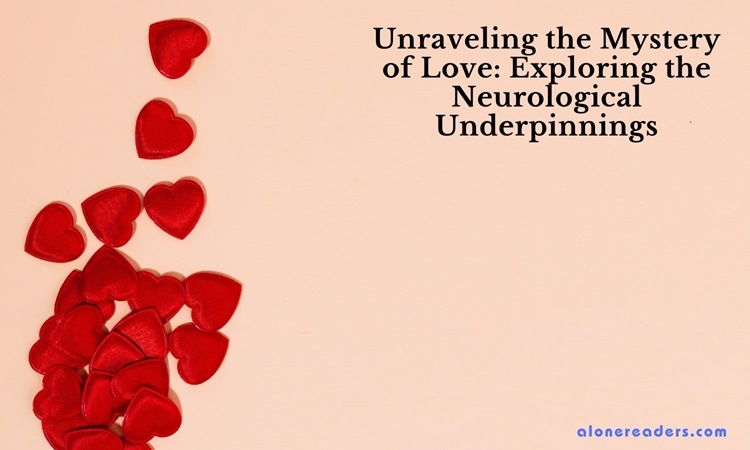
Love, an emotion as old as humanity, has been the muse of poets and the subject of scientists alike. But what exactly transpires in our brains when we experience love? This article delves into the fascinating world of the neurochemistry and psychology behind love, exploring how this profound emotion shapes our brains, behaviors, and lives.
At the core of love's mystery is the brain's complex chemical dance. Key neurotransmitters play pivotal roles in the experience of love.
Dopamine: The Pleasure Chemical
Dopamine, often associated with pleasure and reward, is crucial in the early stages of love. When we fall in love, our brain experiences a surge in dopamine, similar to the effect of certain drugs. This surge contributes to the euphoria and obsessive thoughts about a new partner.
Serotonin: Mood and Emotion Regulation
Serotonin, another key neurotransmitter, is linked to mood regulation. Intriguingly, levels of serotonin seem to drop in the initial stages of romantic love, mimicking the patterns observed in people with Obsessive-Compulsive Disorder (OCD). This decrease might explain the obsessive nature of early-stage romantic love.
Oxytocin: The Bonding Hormone
Often referred to as the "love hormone," oxytocin plays a significant role in the bonding process. Released during physical touch and intimacy, oxytocin fosters a sense of connection and trust. It's particularly influential in deepening bonds in long-term relationships.
Love isn't just a chemical reaction; it's also a complex psychological phenomenon.
Attachment Styles and Love
Attachment theory, developed by John Bowlby and Mary Ainsworth, suggests that our early relationships with caregivers form the blueprint for our future romantic relationships. Secure, anxious, and avoidant attachment styles can significantly influence how we experience love.
Love and the Brain's Reward System
Love engages the brain's reward system, a cluster of brain structures critical in pleasure and motivation. The activation of this system in response to romantic stimuli is a powerful driver of romantic attachment, explaining why love can feel so rewarding and, at times, addictive.
Advancements in brain imaging have allowed scientists to observe the brain in love. Functional MRI (fMRI) studies have shown that looking at a photo of a loved one activates the brain's reward centers, similar to the activation seen in response to monetary rewards.
Love is not static; it evolves over time, transitioning through different stages, each with unique neurological characteristics.
The Passionate Beginning: Lust and Attraction
In the early stages, characterized by intense attraction and lust, the brain's reward centers are highly active. The neurotransmitters dopamine and norepinephrine are particularly influential during this phase.
As love matures, the initial rush of dopamine gives way to deeper emotional connections. Oxytocin and vasopressin, another bonding hormone, become more prominent, fostering long-term attachment.
Love's influence extends beyond our emotional world; it can have profound effects on our physical and mental health.
Mental Health Benefits
Being in a loving relationship is linked to reduced stress, anxiety, and depression levels. The support and emotional connection provided by a partner can be a significant buffer against mental health challenges.
Physical Health Implications
Love and strong social bonds can lead to longer lifespans, improved heart health, and better immune function. The positive emotional experiences associated with love can have a tangible impact on our physical well-being.
The way we experience love changes as we age. From the passionate, all-consuming love of youth to the deep, companionate love of older age, our brain's response to love evolves, reflecting our changing needs and life circumstances.
Love, a complex tapestry of neurochemistry, psychology, and life experiences, remains one of the most profound aspects of human life. Understanding the science behind it not only satisfies our curiosity but also enhances our appreciation of this fundamental human emotion. As we continue to unravel the mysteries of the brain in love, we gain insights into the very essence of human connection and emotion.